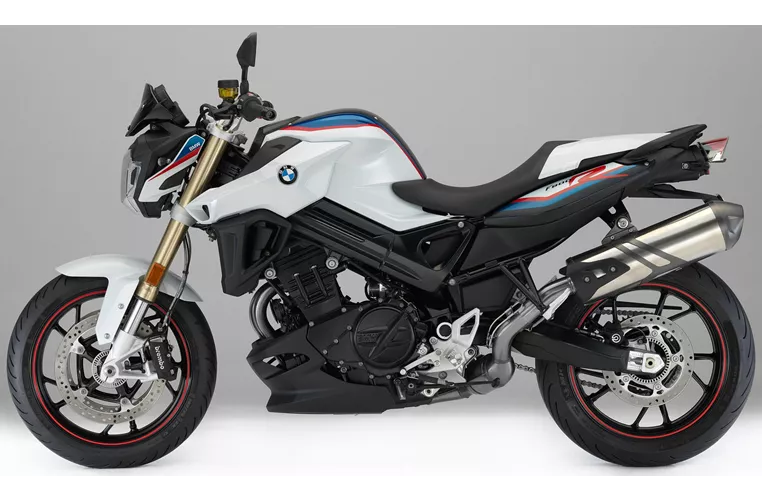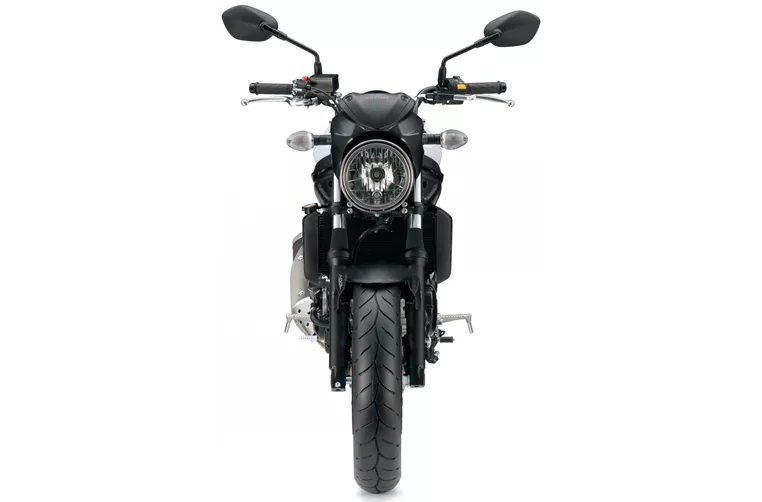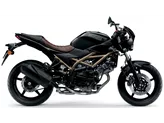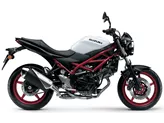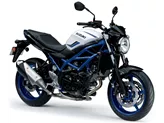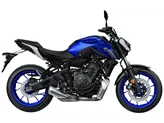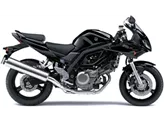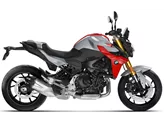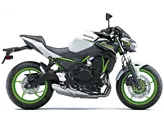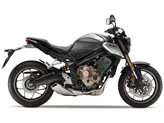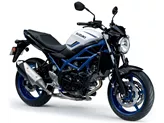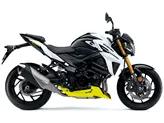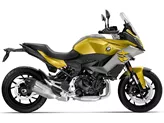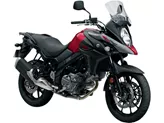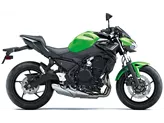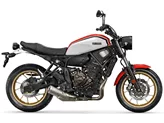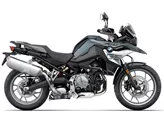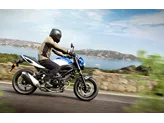BMW F 800 R 2017 vs. Suzuki SV 650 2017
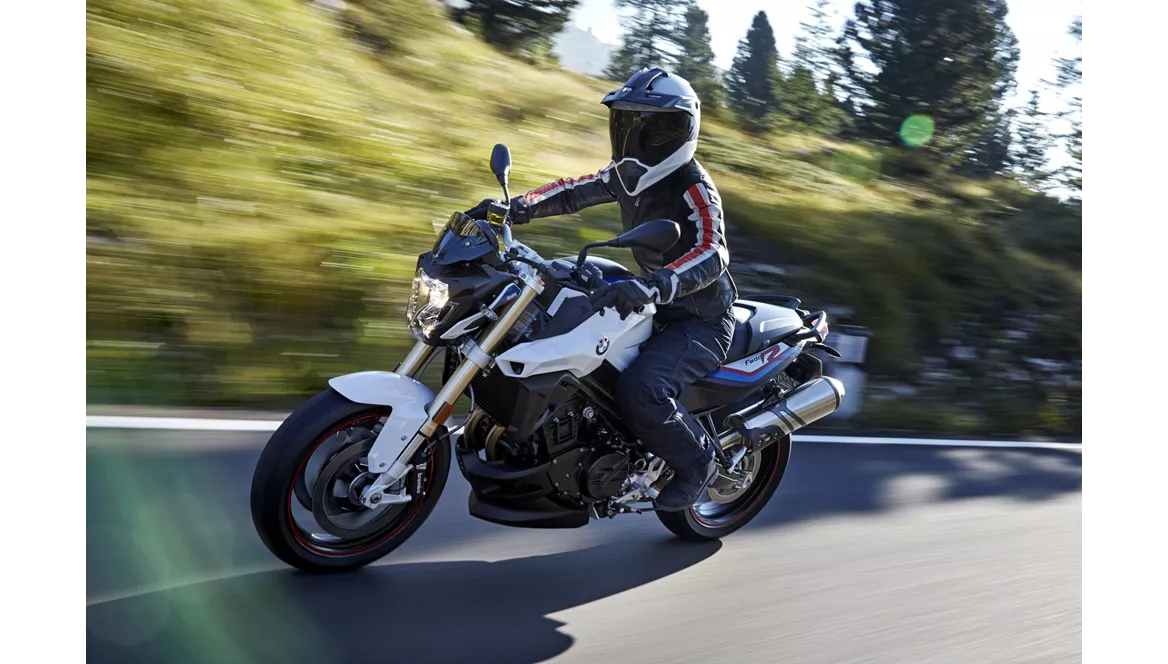
BMW F 800 R 2017
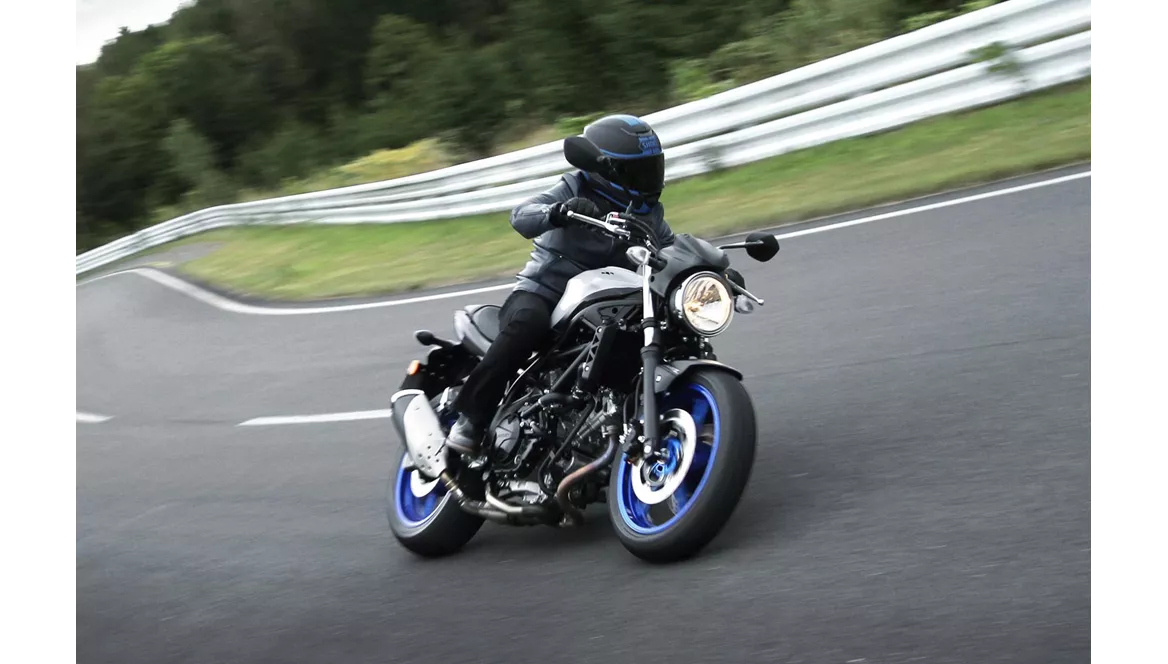
Suzuki SV 650 2017
Overview - BMW F 800 R 2017 vs Suzuki SV 650 2017
The BMW F 800 R 2017 and the Suzuki SV 650 2017 are both naked bikes with similar technical specifications. However, there are some notable differences between the two models.
In terms of engine power, the BMW F 800 R has a slight advantage with 90 HP compared to the Suzuki SV 650's 76 HP. The BMW also has higher torque at 86 Nm, while the Suzuki has 64 Nm. Both bikes have fuel injection systems and liquid cooling.
The suspension on the BMW F 800 R features an upside-down telescopic fork at the front, while the Suzuki SV 650 has a standard telescopic fork. Both bikes have a swing arm rear suspension. The BMW has an aluminum frame, specifically a twin tube load-bearing engine frame, while the Suzuki has a steel frame with a tubular design.
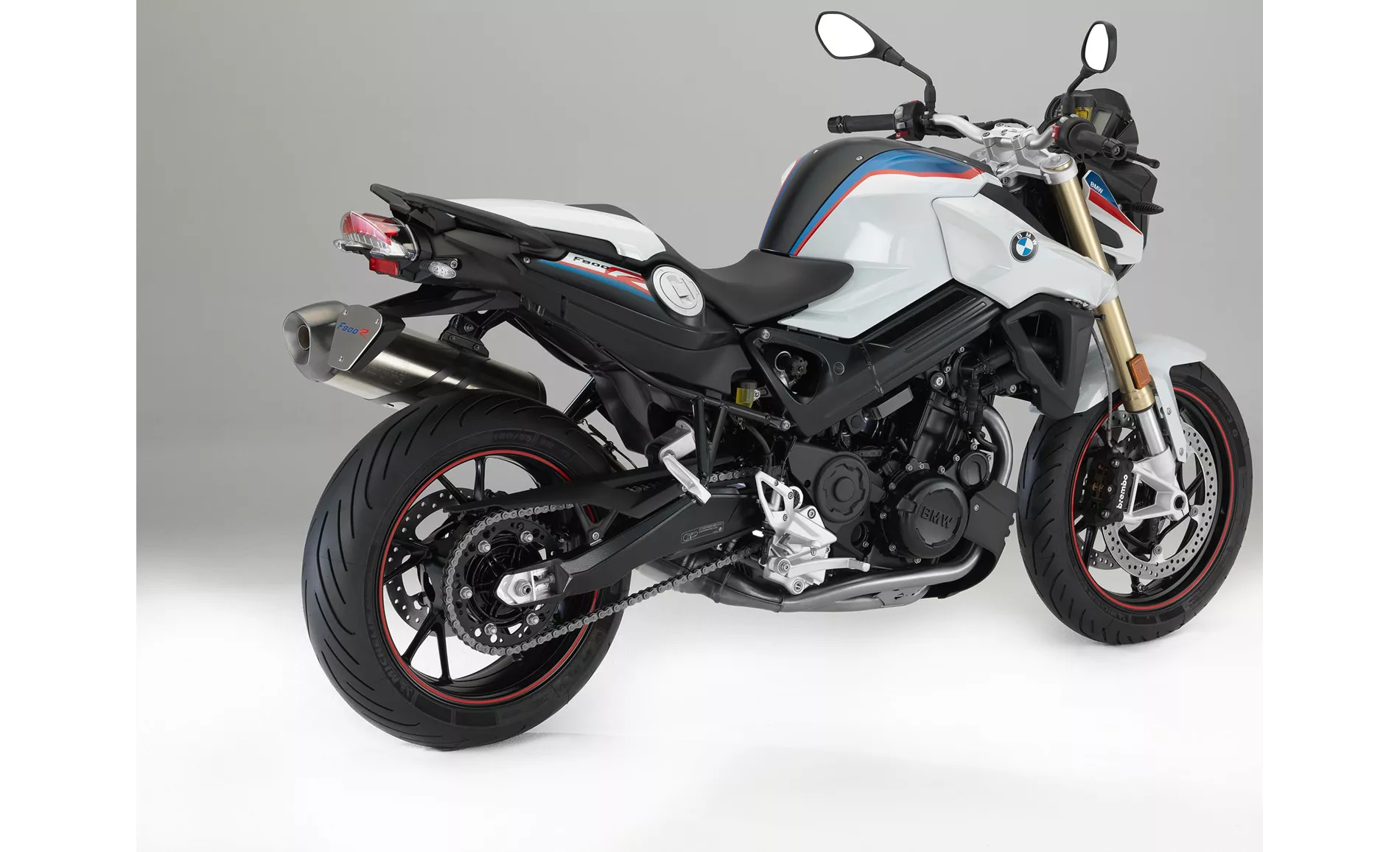
BMW F 800 R 2017
In terms of braking, both bikes have double disk brakes at the front. However, the BMW has four pistons in the front brake calipers, while the Suzuki has double pistons. The BMW also offers advanced rider assistance systems with electronically adjustable suspension, while the Suzuki has ABS.
In terms of dimensions and weights, both bikes have a front tire width of 120 mm and a front tire diameter of 17 inches. The BMW has a wider rear tire at 180 mm compared to the Suzuki's 160 mm. The wheelbase on the BMW is also longer at 1520 mm, while the Suzuki has a wheelbase of 1445 mm. The seat height on the BMW is adjustable between 790-820 mm, while the Suzuki has a fixed seat height of 785 mm. Both bikes have similar fuel tank capacities, with the BMW at 15 liters and the Suzuki at 13.8 liters.
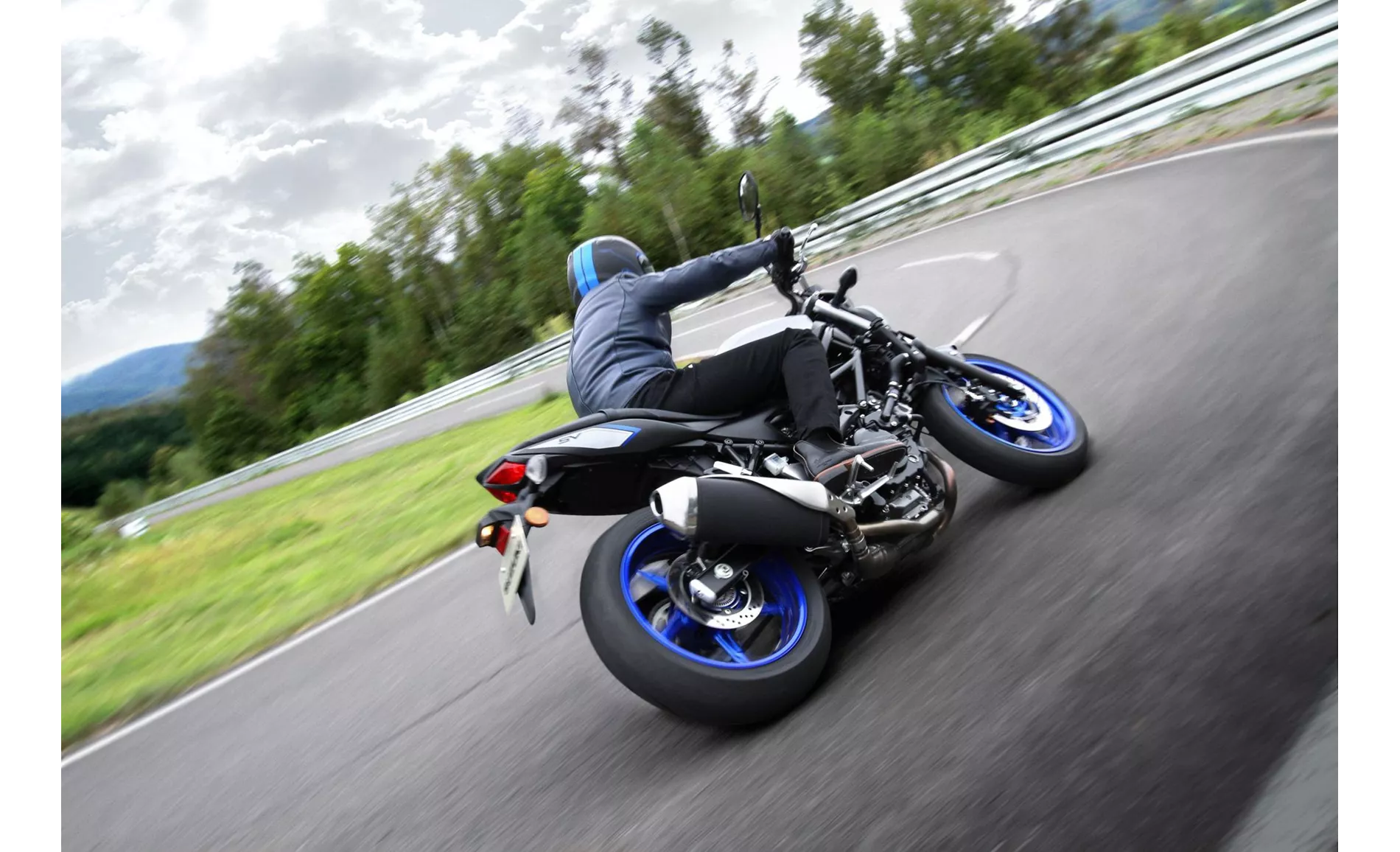
Suzuki SV 650 2017
In terms of strengths, the BMW F 800 R has strong brakes, upgraded equipment, low weight, accessible geometry, and a characteristic sound. On the other hand, the Suzuki SV 650 has a smooth engine, playful handling, and a great chassis.
However, the BMW F 800 R does have some weaknesses. It can be seen as somewhat pragmatic and lacking in effervescence. On the other hand, the Suzuki SV 650 has been criticized for having weak brakes.
In conclusion, both the BMW F 800 R 2017 and the Suzuki SV 650 2017 have their own strengths and weaknesses. The BMW offers more power and advanced rider assistance systems, while the Suzuki provides a smooth engine and playful handling. Ultimately, the choice between the two will depend on the rider's preferences and priorities.
Technical Specifications BMW F 800 R 2017 compared to Suzuki SV 650 2017
Pros and Cons in comparison
Pros and Cons in comparison
BMW F 800 R 2017
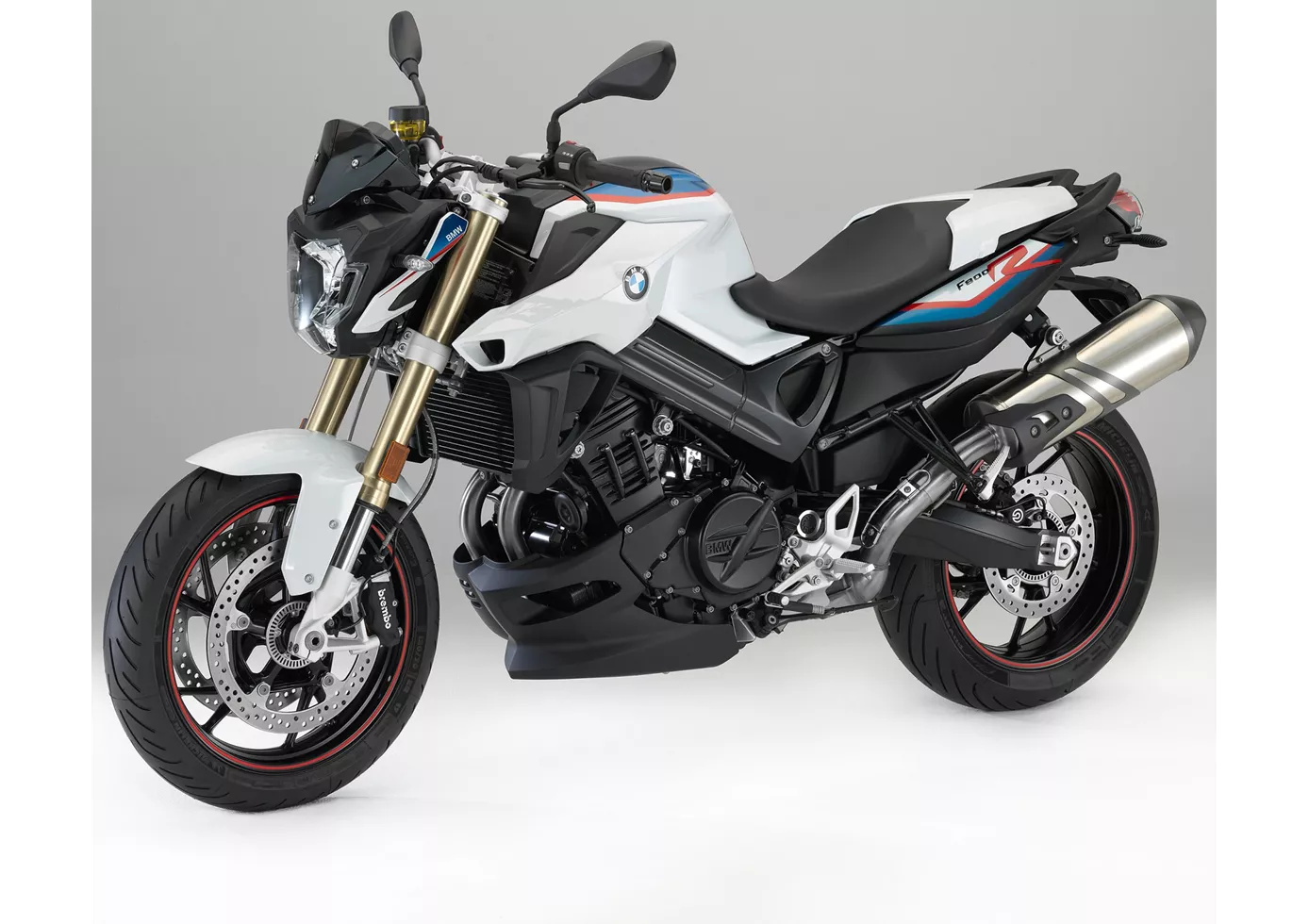
With a EURO4 engine, new riding modes, new instruments and new colours, the F 800 R starts the new season. It is recognisable at first glance only by the end cap on the stately stainless steel exhaust. It is one of those full-grown motorbikes that, despite its considerable sporting potential, was designed for the widest possible user group. Therefore, it is absolutely beginner-friendly (throttled), but can also inspire an experienced audience. Its character remains somewhat pragmatic, but the unmistakable, hollow sound of the inline two compensates for this.
Suzuki SV 650 2017
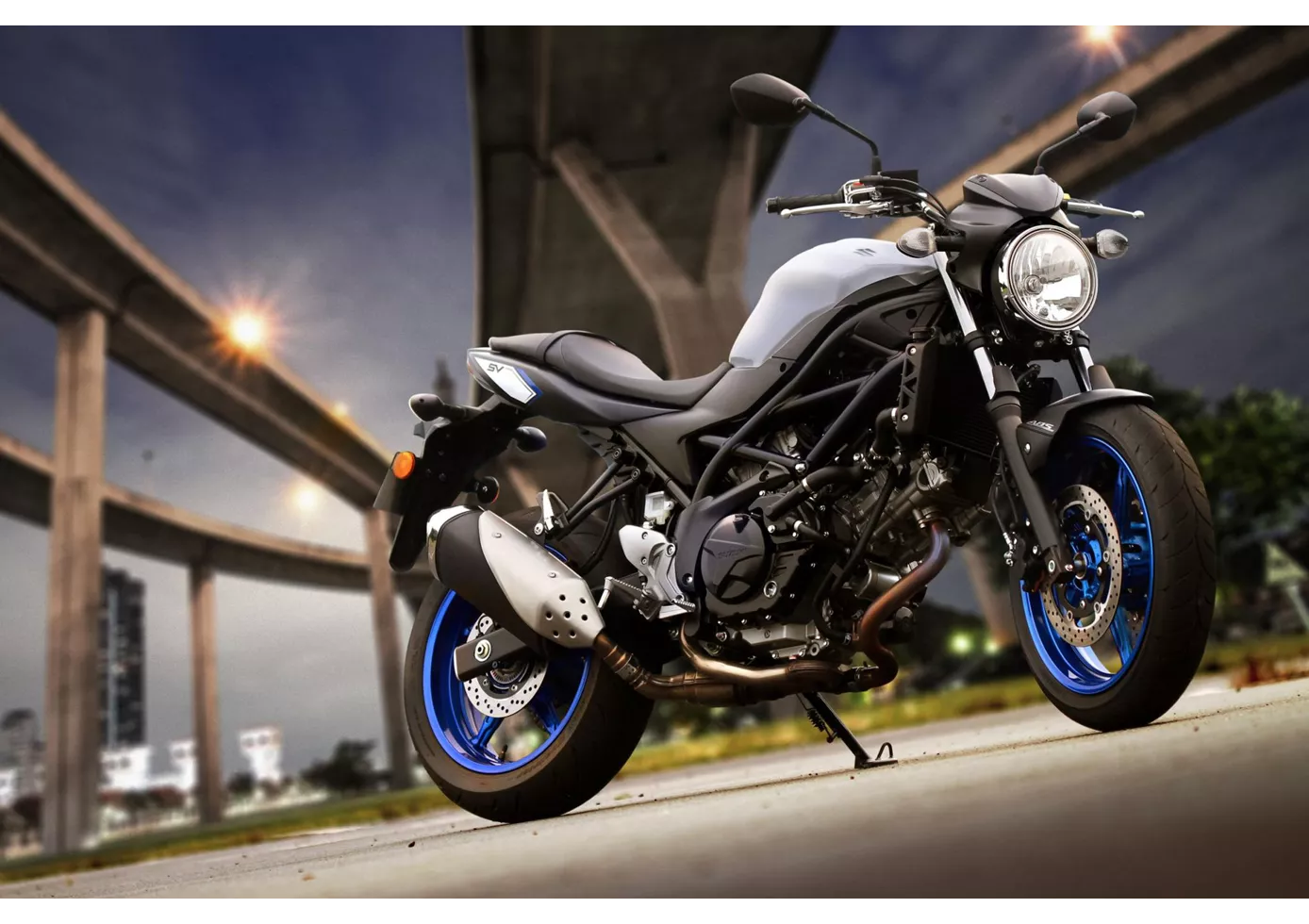
The Suzuki SV 650 is accompanied by a long history of success that is sure to continue for a long time. Its supple V2 impresses with very smooth response and plenty of torque. Compact dimensions help to make the motorbike look very compact. This will be very convenient for beginners. The chassis also scores with playful handling. Unfortunately, the braking effect is not at the level one would expect from such a powerful vehicle.
Price Comparison Avarage Market Price BMW F 800 R vs Suzuki SV 650
There are a few key differences between a BMW F 800 R 2017 and a Suzuki SV 650 2017. In terms of price, the actual average price of a BMW F 800 R 2017 is about 29% higher. Compared to Suzuki SV 650 2017 there are more BMW F 800 R 2017 bikes available on the 1000PS.de Marketplace, specifically 16 compared to 6. It takes less time to sell a BMW F 800 R with 105 days compared to 112 days for a Suzuki SV 650. Since model year 2009 1000PS.de editors have written 20 reviews for the BMW F 800 R and 25 reviews for the Suzuki SV 650 since model year 2005. The first review for the BMW F 800 R was published on 10/10/2008 and now has more than 8,900 views. This compares to more than 14,200 views for the first review on Suzuki SV 650 published on 9/26/2008.
